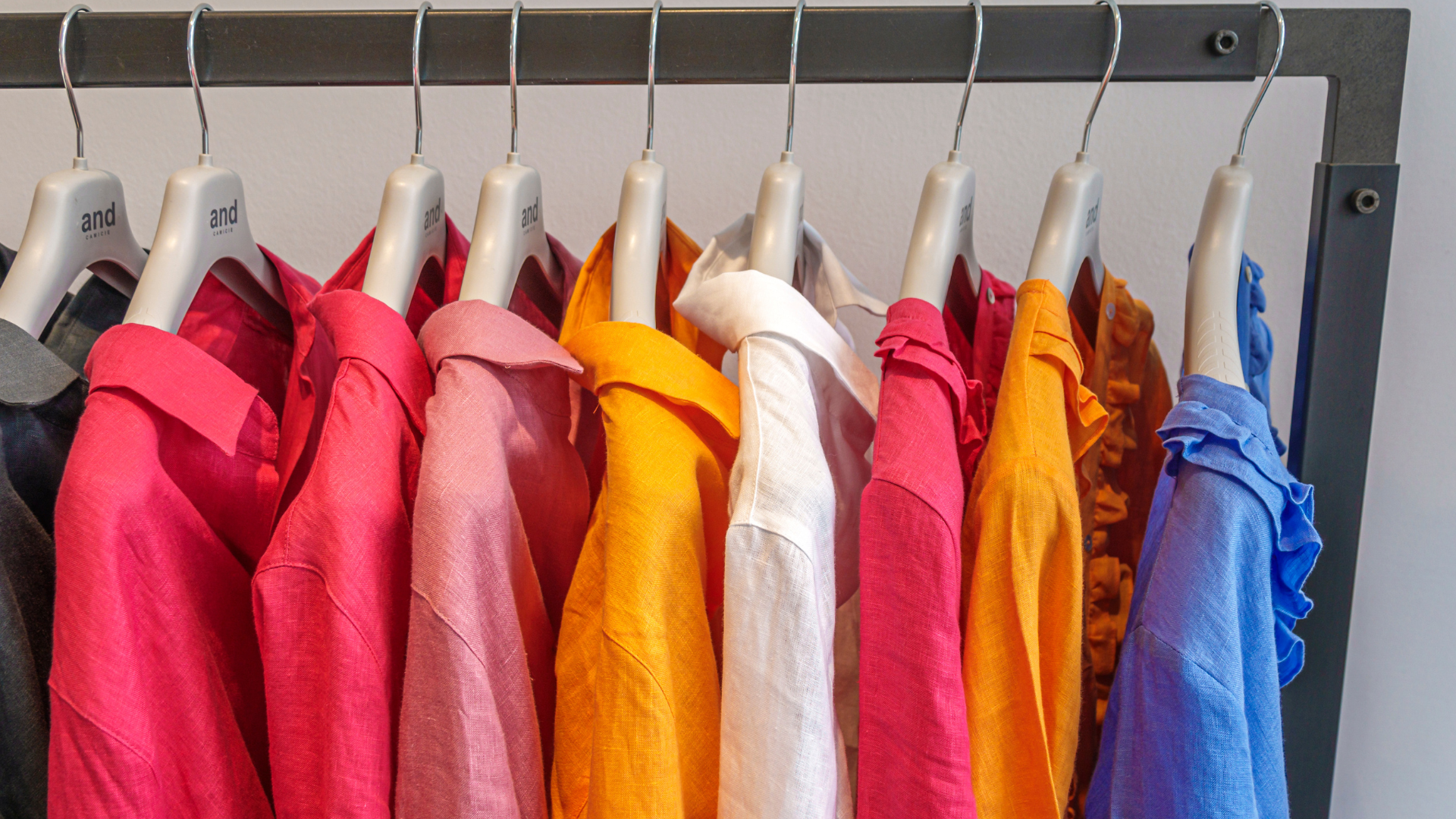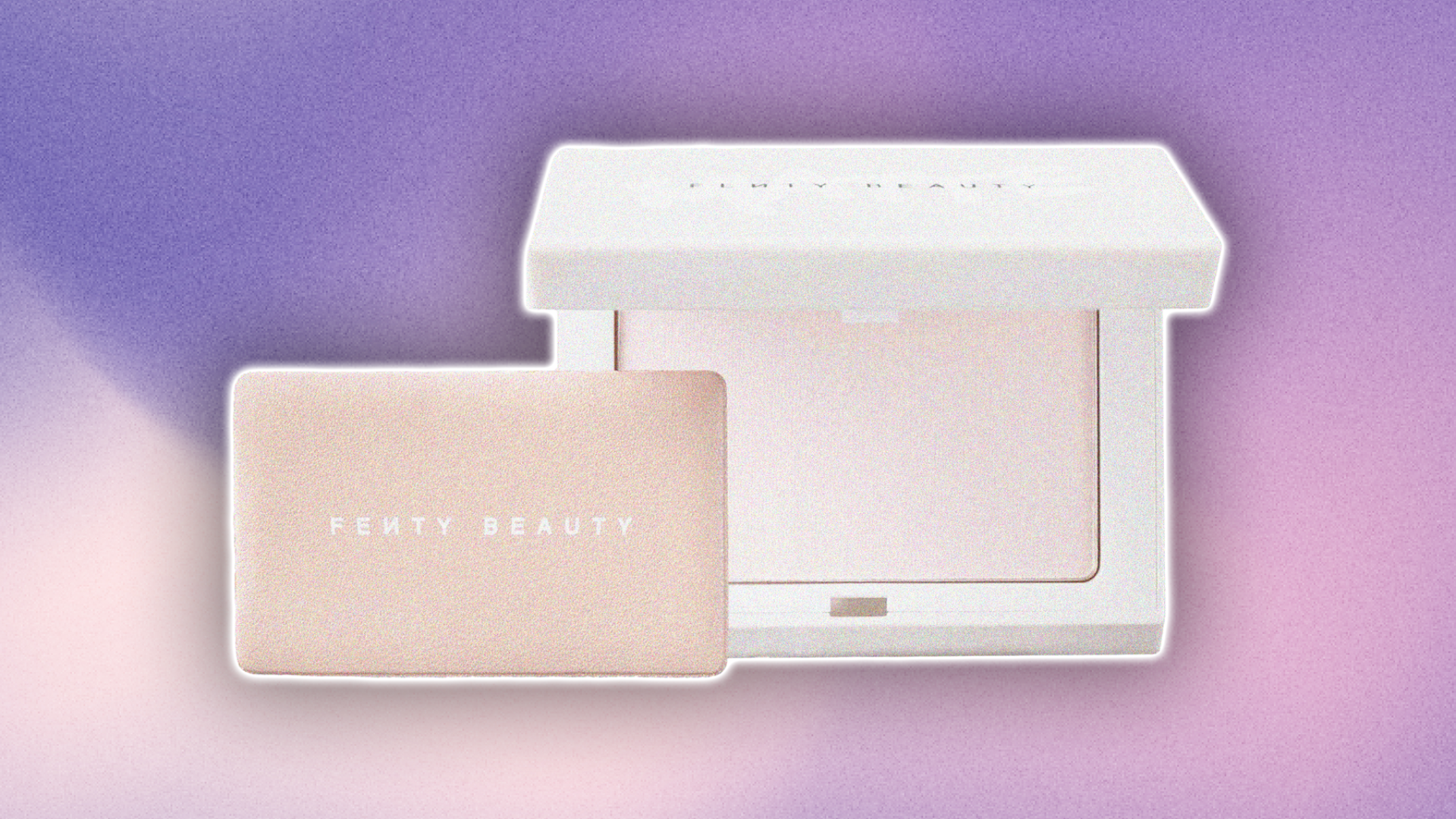
While scrolling through social media last week, I came across a TikTok video on Instagram via stories. The caption grabbed my short attention span–it was about how not being approached by men in a friend group can affect one’s self-esteem.
Kristina Blake said whenever she’s out with her friends, she never gets approached by the opposite sex. Blake gave further background context that she had low self-esteem growing up and still has lingering negative self-talk as an adult in the video.
“It’s hard for me to believe I’m a pretty girl when I’m out and men don’t approach me”, she said.
Her question was, how do you internalize and deal with that?
Watching that video made me feel seen and it also reminded me of a version of myself pre-therapy. I was never liked by the guys at school (at least not publicly), was picked at for being the ‘ugly dark girl’, and was often the last to get approached when out with friends. I struggled to believe I was pretty because I didn’t get the validation and attention other girls got. It can be fueled by society’s pressure to be beautiful, says Karen Balumbu-Bennett, a licensed therapist, speaker, and consultant based in Los Angeles, California.
“Research shows that when you fit into society’s standard of beauty you have more advantages. If you are a woman who hardly or never gets approached by men when you are with your friends, it is very normal to feel triggered or insecure,” she tells ESSENCE.
Other feelings that may come up include feeling disliked, embarrassed, afraid, sad, alone, and even angry, says Flin Oshun, a psychotherapist at Whole Wellness Therapy in Fair Oaks, California.
“Underneath those uncomfortable emotions may be deeper emotions of feeling abandoned, hurt, discouraged, depressed, stressed, resentful, offended, and even jealous,” she explains.
Those feelings of insecurity or a low self-esteem could also be emotional triggers–things, events, or people that create a reaction in your mind and body. Triggers often direct your attention to unhealed wounds that need tending to. Some of these wounds could trace back to childhood, like many of mine did. Being the center of everyone’s ‘you’re so black’ jokes at school and not getting affirmed at home didn’t help my self-esteem much. Not being chosen by men also triggered that unhealed trauma.
“Kids store memories to use as future references. We all do. It’s a way our brain works to keep us safe,” says Oshun.
How can you deal with these triggers and heal the trauma so you wholeheartedly believe you look your best whether you get approached or not? It starts with the sometimes gruesome self-work.
“It is important to truly do the inner work to uncover any hidden feelings or unhealthy core beliefs you may be holding onto,” says Balumbu-Bennett. Core beliefs I had that made me feel insecure were that I wasn’t beautiful because my nose was too big, I was too skinny, and my skin was too dark. I also didn’t believe I was worthy of love for those reasons.
Balumbu-Bennett says journaling with prompts and therapy are two strategies you can try to address any unhealthy core beliefs you have about yourself. I tried both and they’ve been transformative for me.
Oshun takes it a step further by giving practical tips regarding how to journal and questions to ask yourself.
“As a therapist, I’d recommend you take some time to write a list of things that make you currently feel unworthy or undesirable,” she suggests. “Then ask yourself ‘What beliefs are attached to those emotions?’, ‘Where did these beliefs come from?’ When did you begin to believe them? Are these beliefs kind, are they compassionate, are they helpful, are they even valuable to you?” Oshun says if you find they aren’t kind or valuable, you should think about the positive beliefs you’d like to replace them with.
Know that journaling and therapy aren’t overnight fixes, so manage your expectations. I won’t pretend I don’t still feel insecure sometimes. In those moments, I show myself compassion and remember those insecure feelings are just feelings, not truth. After all, building confidence takes time says Balumbu-Bennett. “Be patient with yourself and remember that both internal and external confidence fluctuates.”
Since there’s no quick fix to building self-esteem, what can you do to manage your triggers when you’re out with the girls? Balumbu-Benett recommends minimizing outings with friends to protect your self-esteem until you work through your insecurities. If you feel compelled to share your insecurities with your friend circle, think about the outcome you desire beforehand, she suggests. Tread carefully as you may not get the response you’re expecting from said friends. “People who are in privileged situations–in this case, the girlfriends who are always approached by men–don’t often realize their privilege. Your friends may minimize it or just focus on complimenting you in hopes of making you feel better,” she says. And ultimately, that doesn’t fix the root issue, which is the internal work that needs to be done.
“Confidence and great energy will have people gravitating towards you even on your “worst” day.”





